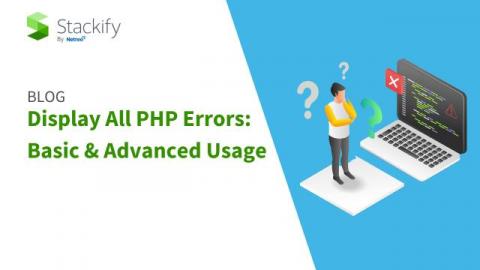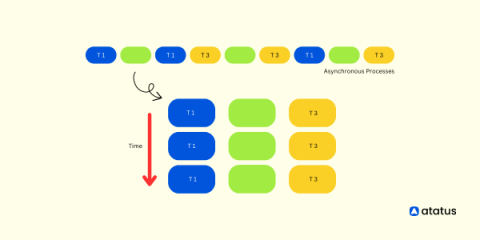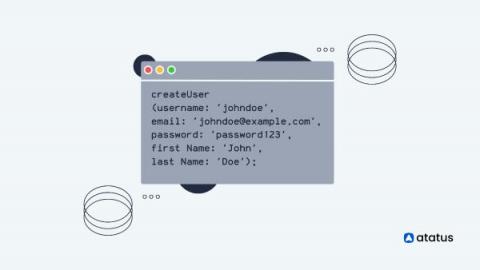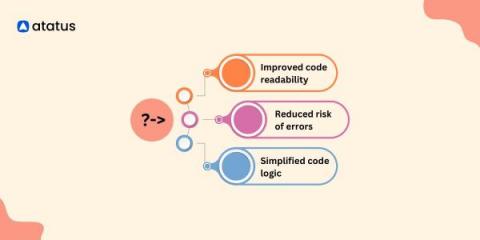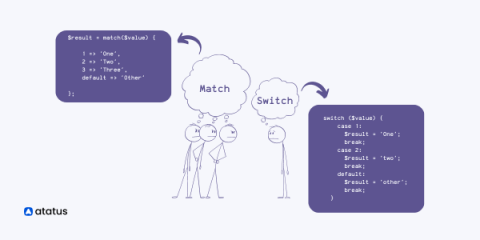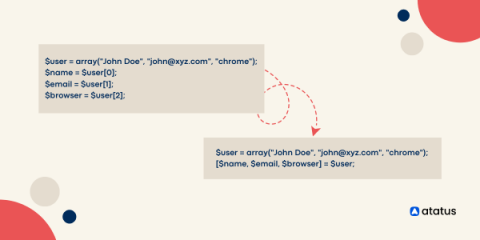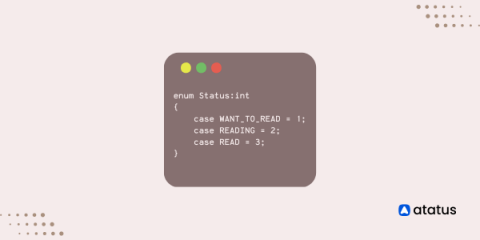Display All PHP Errors: Basic & Advanced Usage
A PHP application might produce many different levels of warnings and errors during its execution. Seeing these errors is crucial for developers when troubleshooting a misbehaving application. However, many developers often encounter difficulties displaying errors in their PHP applications, leading to silent app failures.


